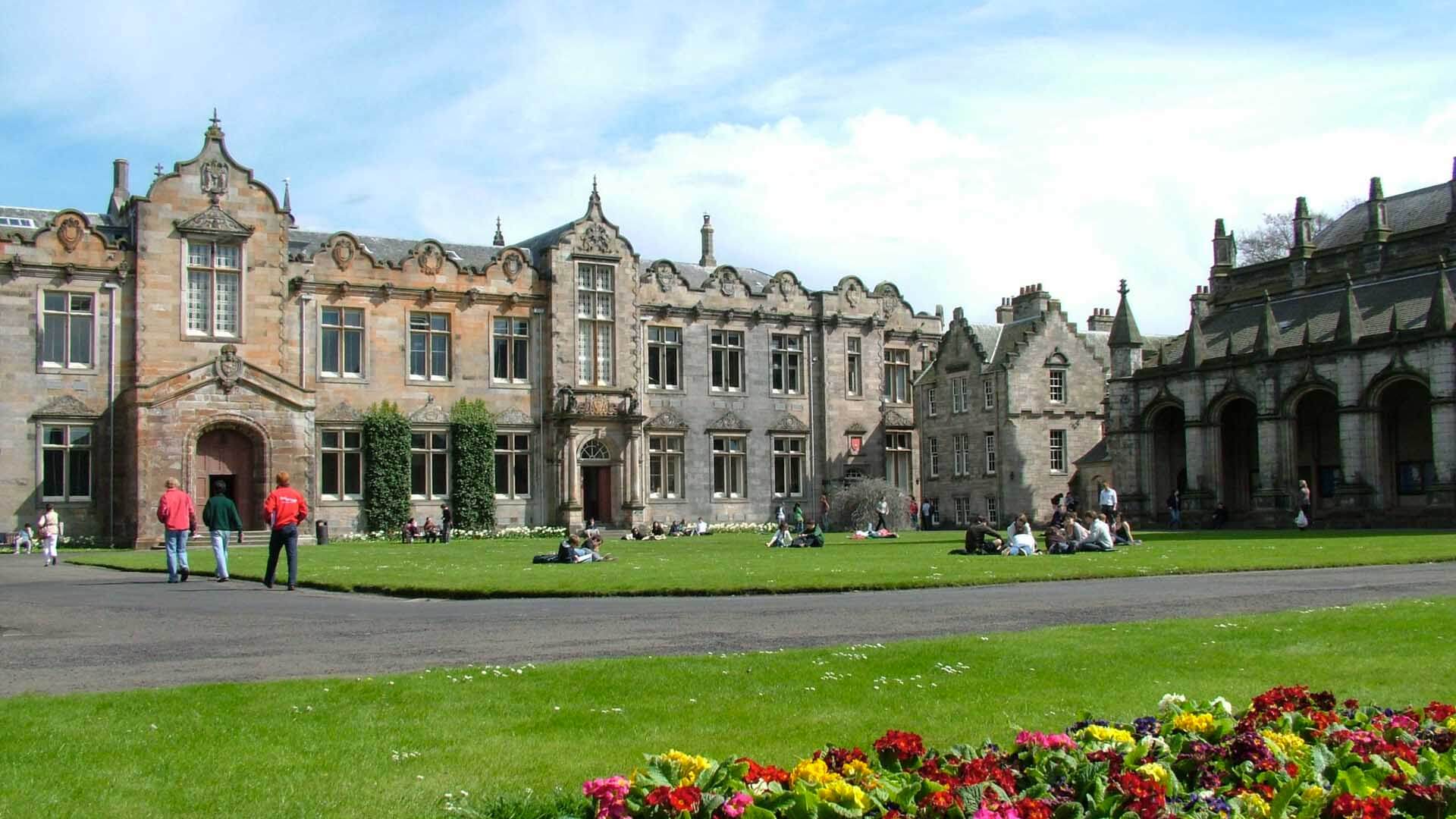University of St Andrews: St Andrews leads on UN ocean sustainability project
The University of St Andrews is leading on a transformative new programme, endorsed by the United Nations Educational, Scientific and Cultural Organization (UNESCO), to address the effects of climate change on the ocean.
As part of the UN’s ‘Ocean Decade’, and in celebration of World Oceans Day, UNESCO announced the endorsement of 63 actions – projects and programmes that address pollution and the management and restoration of marine ecosystems.
The University’s Global Ocean Decade Programme for Blue Carbon (GO-BC) is one of four major programmes unveiled and will focus on the role of blue carbon ecosystems across estuarine, coastal and open ocean environments for better ocean sustainability. It is a partnership with the UK Government’s Department for Environment, Food and Rural Affairs (Defra), the Scottish Government, the Blue Carbon Initiative/Conservation International, the International Partnership for Blue Carbon (IPBC), and the Intergovernmental Oceanographic Commission of UNESCO.
Blue carbon refers to the carbon stored in marine habitats, such as saltmarshes. These marine ecosystems are highly effective at capturing CO2 and storing carbon in organic-rich soils, often over thousands of years. The degradation or damage of these ecosystems may cause carbon to be released from the soil stores back to the atmosphere, at the same time compromising their ability to capture and store carbon in the future.
Professor Willian Austin from the University’s Scottish Oceans Institute (SOI) and School of Geography and Sustainable Development, said: “The United Nations Decade of Ocean Science for Sustainable Development reflects the global ambition for collective action for the Ocean; GO-BC will build a global partnership to support the ocean science that we need to inform these actions.
“The GO-BC programme aims to identify and provide evidence-based actions for blue carbon as nature-based solutions that go beyond climate mitigation, highlighting benefits for biodiversity and society, as well as climate adaptation and resilience. I am indebted to the many partners who encouraged and supported the development of GO-BC; there is much to be done and I am deeply honoured to be leading this UN programme.”
Each of the Decade Programmes will generate new knowledge and solutions to the impacts of climate change and other stressors on the ocean through collaborative approaches, as well as reducing the gaps between science and policy.
A Defra spokesperson said: “We’re pleased to announce UK Government support to GO-BC – working closely with our partners at the University of St Andrews, the Blue Carbon Initiative and International Partnership for Blue Carbon. GO-BC will enhance our understanding of the ocean-climate nexus and generate new knowledge and solutions to mitigate the effects of climate change, recognising the multiple roles blue carbon ecosystems play across mitigation, adaptation and resilience.”
Scottish Government Minister for Environment and Land Reform Màiri McAllan MSP said: “We strongly welcome UNESCO’s endorsement for a Global Ocean Decade Programme for Blue Carbon which will help increase our collective understanding of blue carbon habitats and their role in tackling climate change. Led by the University of St Andrews, the Decade programme continues Scotland’s leading role in blue carbon research and demonstrates our commitment to international collaboration and furthering knowledge exchange. The Scottish Government will work closely with GO-BC partners, including through our continued support for the Scottish Blue Carbon Forum, to support the GO-BC programme.”
The IPBC Coordinator team spokesperson said: “The IPBC welcomes the endorsement of the GO-BC programme as a significant example of collaboration among its partners, including research institutions, government, and intergovernmental and non-governmental organisations. The IPBC will continue to support the programme throughout the UN Decade of Ocean Science for Sustainable Development (2021-2030) by providing a forum for exchange, discussion and sharing of the latest available scientific knowledge on blue carbon, with a vision to contribute to the long-term protection of these vital ecosystems.”
Miguel Cifuentes-Jara, Senior Director of Blue Climate, Conservation International, said: “The GO-BC Programme is a unique opportunity to develop and promote science-based interventions that will provide the quadruple benefit of climate mitigation, conservation and restoration of critically endangered ecosystems, sustainable development of local and indigenous populations, and strengthened resilience of coastal populations and ecosystems. By promoting robust science and linking it with policy frameworks, enhancing technical capacities globally and mainstreaming replicable blue carbon solutions, the Programme will make significant contributions for countries to further integrate blue carbon in their climate actions.”
The Ocean Decade provides a framework for scientists and stakeholders from diverse sectors to develop the scientific knowledge and partnerships needed to accelerate and harness advances in ocean science to achieve a better understanding of the ocean system and deliver science-based solutions.
Vladimir Ryabinin, Executive Secretary of the Intergovernmental Oceanographic Commission of UNESCO, said: “The IOC of UNESCO is announcing the endorsement of an additional wave of 63 Ocean Decade Actions, including four transformative programmes and dozens of projects addressing marine pollution, ecosystem resilience and the ocean-climate nexus, and as well in-kind and financial contributions, all of which are bringing us closer to the ocean we want.”

